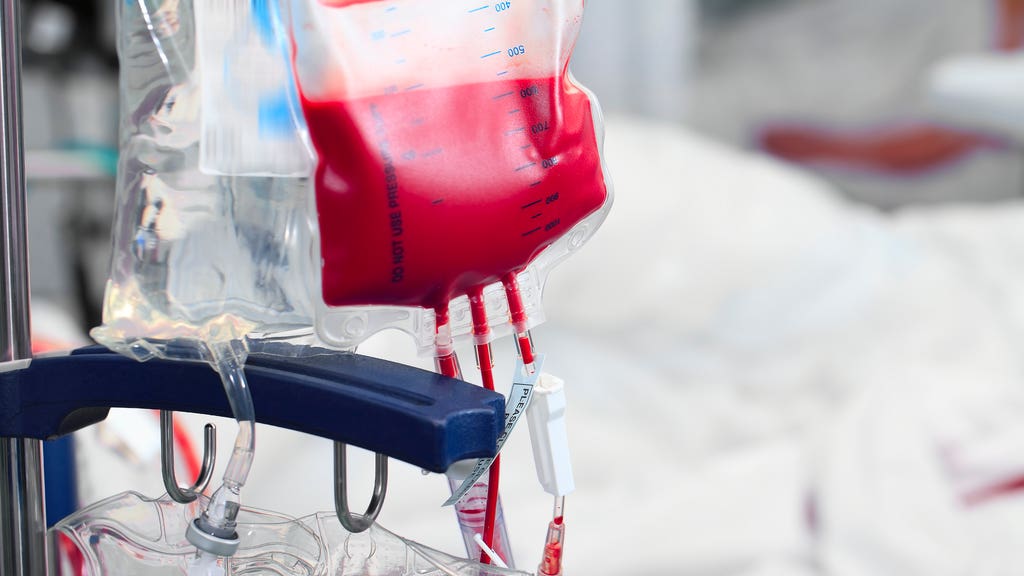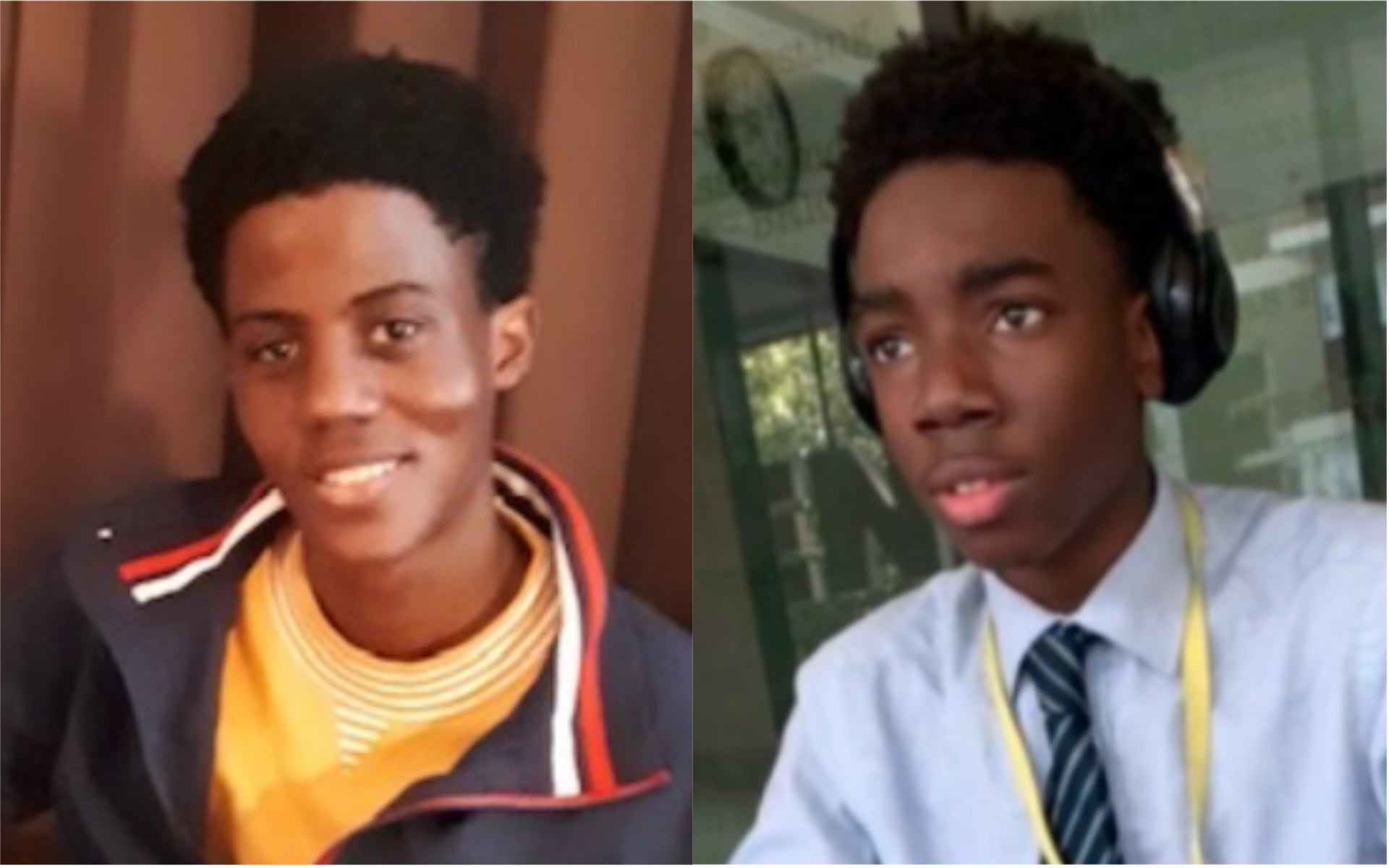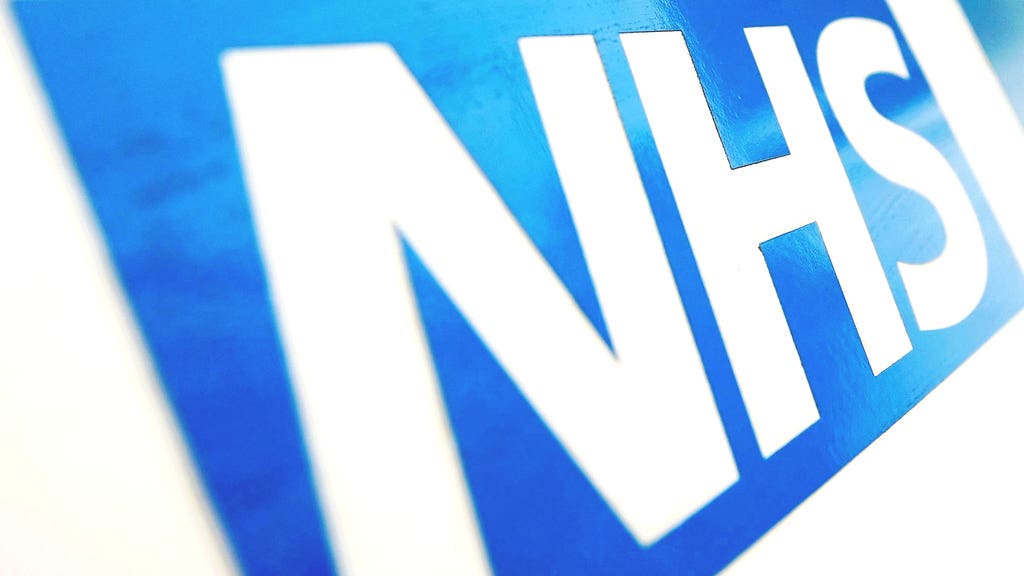Critical call for Black people to donate blood as ‘number of sickle cell patients grows’
Medics say now is a chance to close gap in demand for donors and ‘help our friends, neighbours and communities battling this disease’

Your support helps us to tell the story
From reproductive rights to climate change to Big Tech, The Independent is on the ground when the story is developing. Whether it's investigating the financials of Elon Musk's pro-Trump PAC or producing our latest documentary, 'The A Word', which shines a light on the American women fighting for reproductive rights, we know how important it is to parse out the facts from the messaging.
At such a critical moment in US history, we need reporters on the ground. Your donation allows us to keep sending journalists to speak to both sides of the story.
The Independent is trusted by Americans across the entire political spectrum. And unlike many other quality news outlets, we choose not to lock Americans out of our reporting and analysis with paywalls. We believe quality journalism should be available to everyone, paid for by those who can afford it.
Your support makes all the difference.The NHS has issued an urgent call for more Black people to give blood to meet increasing demand for Black African, Black Caribbean or mixed ethnicity donors.
Some 16,000 new donors from these ethnic groups must be recruited this year as demand rises for life-saving transfusions for people with sickle cell disease, according to the health service.
Sickle cell is the fastest growing genetic disorder in the UK, affecting 15,000 people with around 300 babies born with the blood disorder each year; the illness can cause organ failure, stroke or loss of vision, sometimes even leading to death.
The disorder is more common in Black people and, as such, people from this ethnic group are more likely to have the rare blood sub-group Ro that many Black sickle cell patients need.
Colin Anderson, Community & Engagement Lead at NHS Blood and Transplant, said: “The numbers of blood donors needed from Black African and Black Caribbean communities show just how important our appeal is for new donors to make an appointment to give blood today.
“There are very real people behind these numbers - they are children, adults and their families who face painful struggles with life-threatening sickle cell and uncertain futures.
“But they are also the donors who are doing something amazing – giving blood takes just one hour and can save three lives.”
He added: “We know demand for Black blood donors will continue to rise as the number of people with sickle cell grows but we have a chance now to close the gap and help our friends, neighbours and communities battling this disease.”

Each month 1,300 Black donors are needed to give blood to provide life-saving transfusions to sickle cell patients, as well as for use in emergencies, childbirth, during surgery, in cancer treatments and for us in other medical conditions.
There are currently 12,633 Black and mixed Black blood donors, which is around 1.5 percent of the total donor base.
NHS Blood and Transplant is working closely with Black communities and sickle cell groups to increase numbers of new donors and rates of donation through a variety of campaigns and events.
The number of Black donors has increased in recent years by around 29 per cent.
Last month, on Saturday June 19th 2021 the highest number of blood donations from Black donors in a single day for 22 years was recorded – with 223 donations. The previous record was held in 1999 with 212 donations in one day.
Sickle cell has been at the centre of the national discussion in recent weeks, following high profile tragedies.
Evan Nathan Smith, a 21-year-old man who had sickle cell anaemia, rang 999 from his hospital bed during a crisis, after being refused oxygen in April 2019; a coroner concluded during a recent inquest that Mr Smith would not have died if medical staff had recognised his symptoms and offered a blood transfusion sooner.
The spike in Black donors in June accompanied a special blood donation event which was part of the United by Blood campaign - a coalition of three organisations: Black Mums Upfront (BMU), CellFeForLife and the African Caribbean Leukaemia Trust (ACLT) - to encourage more Black people to donate in his memory.
Carina White of Black Mums Upfront, who came up with the idea to form this initiative, told The Independent: “After seeing the devastating and debilitating effects sickle cell has had on those close to me and knowing how important blood transfusions are in managing sickle cell, it was a no brainer to bring BMU together with ACLT and Cell Fe For Life to run these blood donor sessions.
“We talk about Black Lives Matter so it was important for us to recognise and show that the Black community can come together to provide an opportunity for us to donate much needed ethnically matched life saving blood.”
Teenager Richard Okorogheye, who also had sickle cell disease, went missing from his west London home in April and the 19-year-old’s body was discovered in Epping Forest, Essex, two weeks later.

The Independent Office for Police Conduct (IOPC) said it will investigate his mother Evidence Joel’s complaints about the way she was initially treated by officers, and how her reports about her son’s disappearance were handled; it will also look at the Metropolitan Police’s overall handling of the missing person report.
Ms Joel hopes to build a foundation in his name to support sufferers of sickle cell disease and young people with their mental health, after her son “struggled to cope” during lockdown.
“There has to be awareness and for it to be treated as a serious disease,” she said.
“If we can use Richard’s name to bring more awareness then so be it. A lot of people out there have a condition where they don’t have a voice, the public and society need to know what sickle cell is.”
These cases fuelled ongoing concerns that public services are dismissing sickle cell patients because the illness disproportionately affects Black people, as The Independent reported.
Vaccines Minister, Nadhim Zahawi, said: “The whole country has pulled together in our shared fight against Covid-19, with communities up and down the country doing their bit to support their loved ones and their neighbours. It’s crucial we bottle this astonishing goodwill and apply it to how we approach other conditions.
“To tackle conditions like sickle cell – which is the fastest growing genetic disorder in the UK – we urgently need more blood donors to come forward, particularly from Black and ethnic minority communities.
“Sickle cell and conditions like it can have a hugely detrimental impact on people’s lives, and by giving blood you could help save someone’s life. There is no better time to donate, and I urge people to do their bit by coming forward.”
To become a blood donor today, register today and book and appointment by visiting www.blood.co.uk, downloading the GiveBloodNHS app or calling 0300 123 23 23.
Join our commenting forum
Join thought-provoking conversations, follow other Independent readers and see their replies
Comments